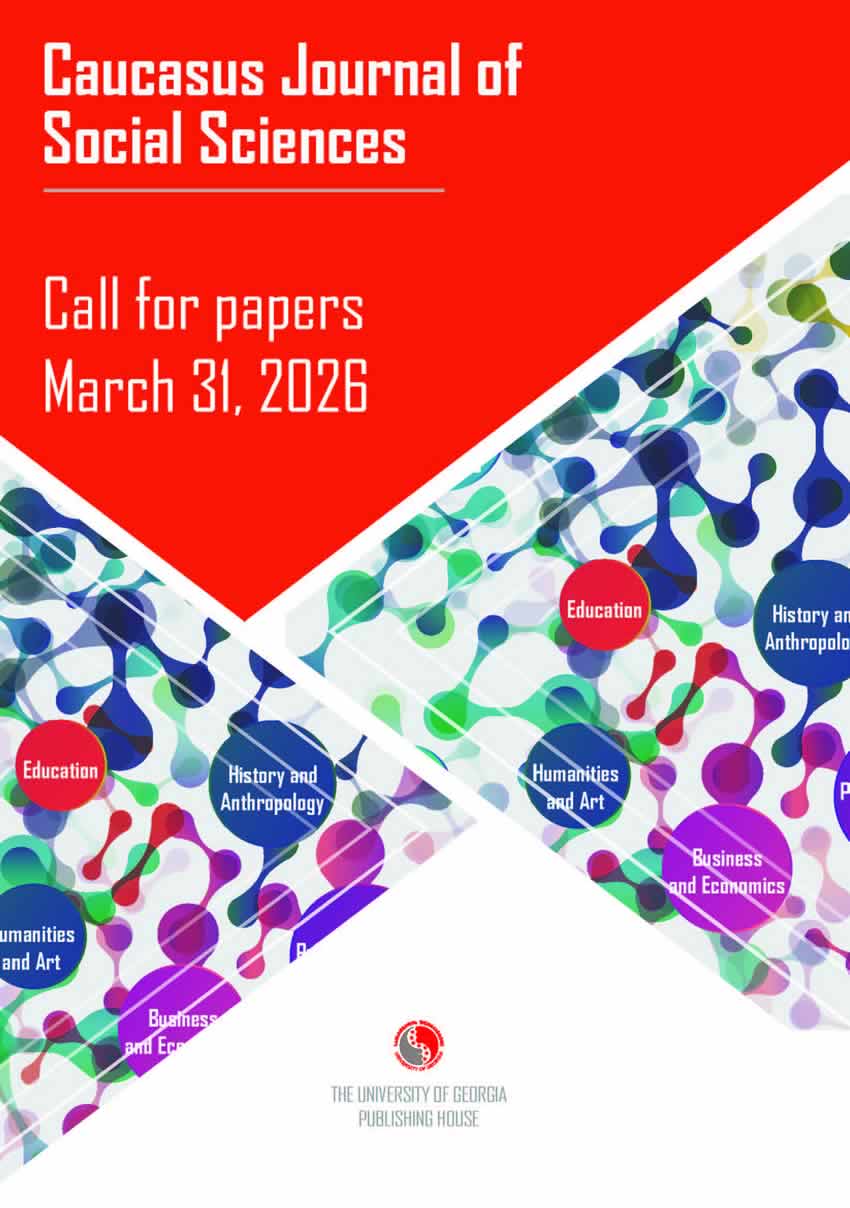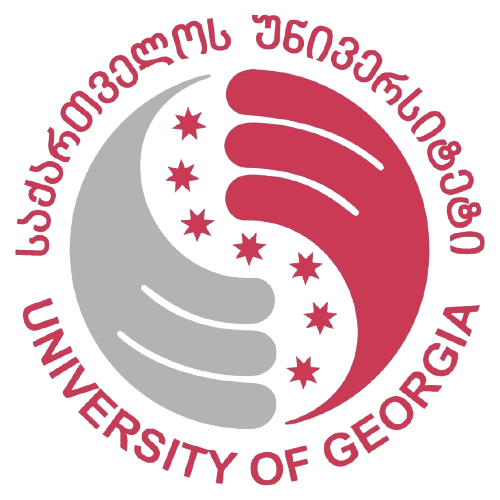How Culture Builds Nations: The Power of Symbolism Over Nation-Building
DOI:
https://doi.org/10.62343/cjss.2023.226Keywords:
norms, culture, nationalism, traditions, behaviour, symbols, elements, notions, nation-building, narrativesAbstract
Nationalism studies differ in terms of approaches to the subject. Various opinions on a given topic focuses on different aspects of nationalism, its core elements, and causal links between ends, ways, and means. This paper focuses on culture, arguably one of the most influential dimensions among other layers constituting and shaping nationalism among different nations. In doing so, it considers Anthony Smith’s explanation of national identity, which, according to the latter, is shaped by a fundamental consensus among the population on things like culture, religion, history, language, ethnicity, political values, and norms of behaviour and aims and other related notions. The causal link between nation and culture is revealed by making a holistic account of different sub-elements of culture like memories and narratives; language, poetry, and art; national folklore and symbols; social norms, traditions, etc, in different historical eras and seeing their role in a nation-building process. The paper also focuses on a modern-day example, an ongoing conflict between Russia and Ukraine that has exceeded the boundaries of a mere military domain and is also visible from a cultural perspective. The paper’s main finding is identifying elements affecting nation-building and making it work. While all these different elements of culture were, are, and will be used in the future in a nation- building process, perception remains a vital factor. Culture and its elements can certainly significantly impact nation-building. However, in the end, it will always depend on how individuals, communities, and populations perceive national symbols, the historic heroic deeds of their ancestors, poems and literature, and norms of social behaviour and traditions. Without socially constructing these perceptions, the “us vs them” narrative might not materialize.
Downloads
Published
How to Cite
Issue
Section
License
Copyright (c) 2023 Gela Pochkhua

This work is licensed under a Creative Commons Attribution 4.0 International License.
In case an article is accepted for publication it is allowed to combine the article with other research, to conduct new research on the article, or to make different arrangements on condition that the same license is used including commercial purposes.
As an author of an article published in the Caucasus Journal of Social Sciences, you retain the copyright of your article and you are free to reproduce and disseminate your work.











